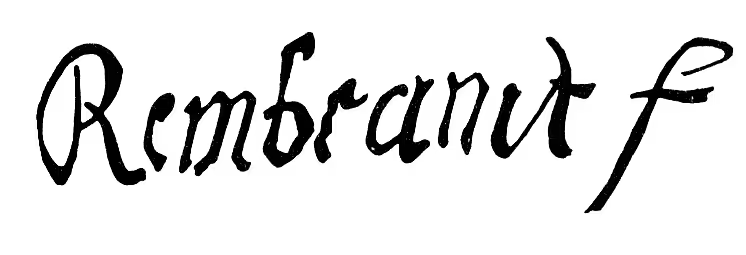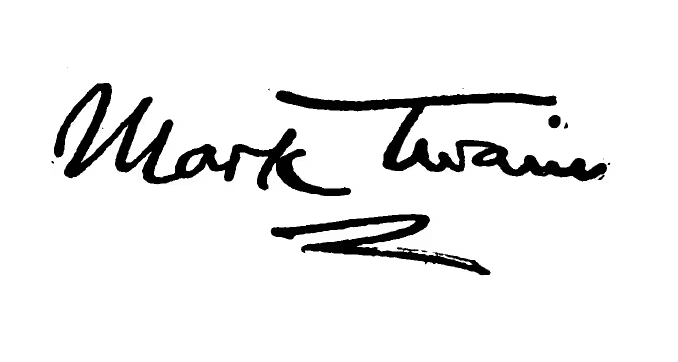Can a Signature Be Anything?
Quick answer, yes and no. Legally, a signature can take many forms, but it must meet certain criteria.
Understanding what counts as a valid signature helps you confidently sign documents—whether on paper or online.

Can a Signature Be Anything?
Signatures can be nearly any mark you make intentionally to show agreement or verify your identity. Legally, this flexibility has limits: your signature can't break laws, impersonate others, or lack intent. Simply put, while signatures can range widely, not everything scribbled down qualifies as a legal signature.
What Is a “Signature”?
A signature is a mark or symbol used to indicate your intent and confirm authorship.
Everyday Definition
In daily life, your signature is typically your personal mark—your name, initials, a unique symbol, or its electronic version—that you use consistently on documents.
Typed names
Scanned images of handwritten signatures
Electronic symbols or sounds (under laws like the ESIGN Act in the U.S. and the eIDAS regulation in Europe)
Why Are Signatures Important?
Legally Binding Agreements: A signature makes agreements enforceable by clearly showing consent.
Identity Verification & Fraud Prevention: Signatures confirm who signed the document, helping prevent fraud.
Evidence of Consent: Your signature is proof that you understood and agreed to a contract.
Professionalism & Formality: Signatures convey seriousness and respect toward business and personal dealings.
What Can Count as a Signature?
Electronic and Digital Signatures
Full Name (Cursive or Print)
Initials or Monogram
Nickname or Pseudonym
Symbols, Drawings & Emojis
Typed "/s/" Signatures
Digital Signatures & e-Signatures
Biometric Signatures
Rules & Requirements for Valid Signatures
Intent to Authenticate: You must clearly intend your mark as a signature.
Unique Identifier: Your signature should reasonably link to you and not be easily replicated.
Consistency: While some style changes are fine, drastic variations can cause legal issues.
Jurisdictional Formalities: Certain documents, like wills or notarized deeds, may require specific forms, witnesses, or notarization, and may not accept electronic signatures.
Identity Verification & Document Integrity: The signer’s identity must be verifiable, and the document must remain unchanged after signing.
Electronic Signature Standards: In the U.S., the ESIGN Act governs electronic signatures. In the EU, eIDAS provides clear standards.
Random Scribbles with No Intent: Marks made accidentally or carelessly don’t qualify.
Offensive or Illegal Symbols: Such marks will be invalidated.
Signatures That Impersonate Others: Fraudulent marks made to impersonate someone else are illegal.
Non-Compliant Electronic Marks: Electronic signatures must meet legal standards to be accepted.

How to Create Your Signature
Using e-signature platforms like Sign.Plus, the process involves:
Designing a Unique, Consistent Mark: Create something easy to replicate, quick to write, yet secure.
Wet-Ink Signatures: Choose quality pens or stamps that produce clear, consistent marks.
Electronic Signatures: Platforms like Sign.Plus offer legally compliant digital signatures, making online signing secure and easy.
Security & Protection
Preventing Forgery: Make your signature distinctive enough to be hard to copy accurately.
Safeguarding Digital Keys & Certificates: Always keep digital signature credentials secure and confidential.
What to Do If Your Signature Is Compromised: Immediately notify relevant parties and consider re-signing documents to avoid legal issues.
Real-World Examples & Famous Signatures







Clint Eastwood

Meryl Streep

Marlon Brando

Marilyn Monroe

Charlie Chaplin

Audrey Hepburn

Salvador Dalí
.svg)
Vincent van Gogh

Pablo Picasso

Rembrandt

Frida Kahlo

Jean Claude Monet

William Shakespeare

Mark Twain

Jane Austen

J.K. Rowling

Ernest Hemingway

Charles Dickens

Roger Federer

Pelé

Muhammad Ali

Michael Jordan

Lionel Messi

Cristiano Ronaldo

Winston Churchill

Napoleon Bonaparte

Martin Luther King Jr.

Mahatma Gandhi

George Washington

Abraham Lincoln
FAQs





Want to eSign documents or send documents for signature?
Start the Free Trial now and enjoy all the benefits.
















